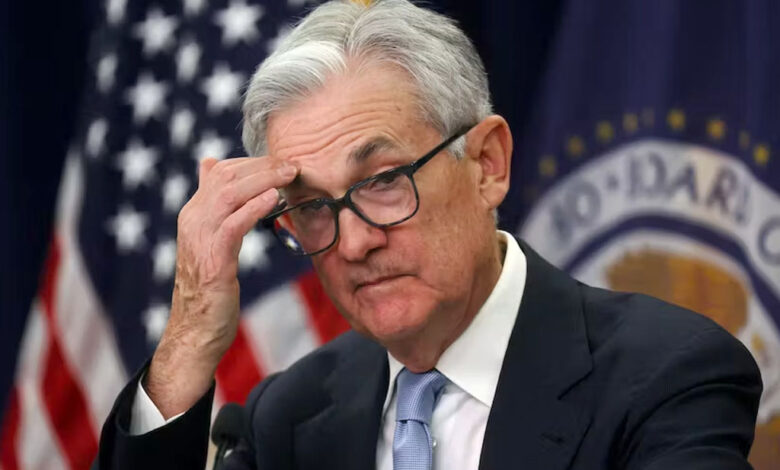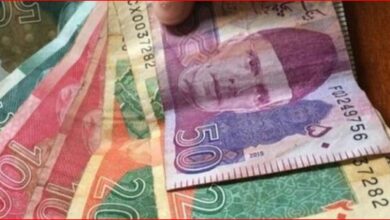Federal Reserve shifts focus to job market despite reduced financial risks and persistent high inflation

Federal Reserve officials are anticipating key employment and wage data on Friday to help them lower high inflation. This data is expected to be a middling result for March from the Fed’s perspective, with expected tepid growth in manufacturing jobs, and fewer industries adding jobs at all.
While the details may point to the economy slowing and consumer demand weakening, economists polled by Reuters still expect a gain of 239,000 jobs in March, hourly wages rising at a 4.3% annual rate, and the unemployment rate remaining at 3.6%, a level seen less than 20% of the time since World War Two.
As a result, it seems likely that employment and wage growth will remain above what is considered consistent with the Fed’s 2% inflation target. Boston Fed President Susan Collins stated that until labor markets cool, it is unlikely to see the necessary slowdown to lower inflation back to the Fed’s target.
However, Gregory Daco, Chief Economist at EY Parthenon, anticipates job growth may have dropped as low as 150,000 for March, but other data, including a still-high level of job openings, indicate that “labor market tightness will remain a feature of this business cycle.”





